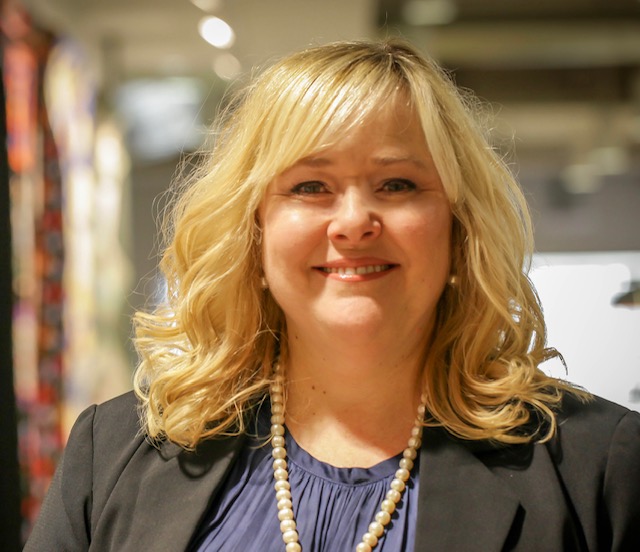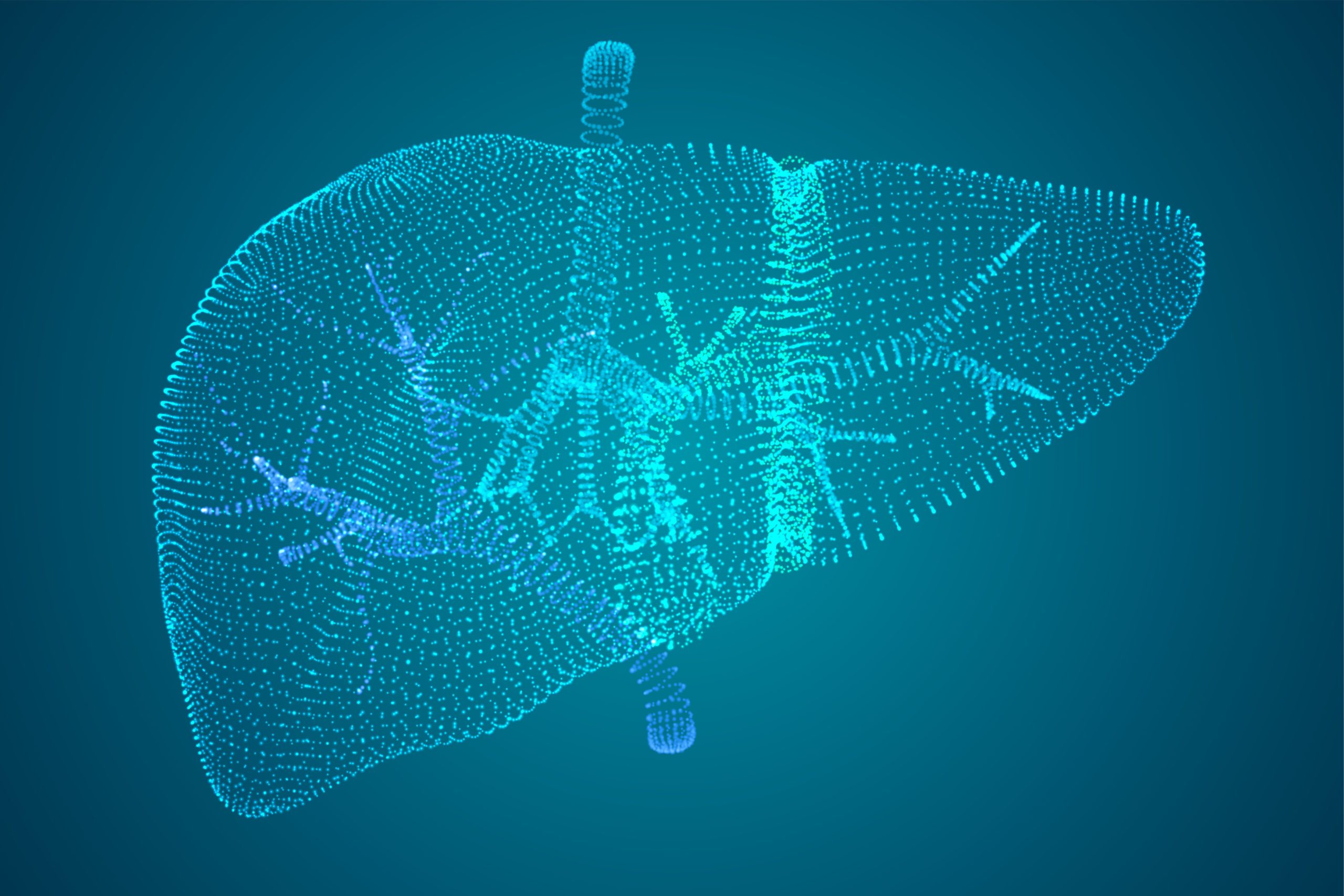Candy Wells is currently the Director of Organ Utilization at LifeCenter Northwest, overseeing organ allocation, surgical recovery and kidney perfusion, along with transplant center collaboration and utilization initiatives. Candy joined LifeCenter Northwest as a consultant in late 2011 and was promoted to Director in early 2012. Prior to joining LifeCenter, Candy worked in tissue donation and transplantation for 12 years as Surgical Donation Consultant for MTF, and Manager of Donation Services for the Northwest Tissue Center. She started her career in organ donation at LifeCenter Northwest in the 1990s and is privileged to be back. Candy has a Bachelor’s degree in nursing and a Masters in Organizational Management.
Use of NMP in DCD Liver Transplant: Balancing Utility and Costs
The liver transplant community is continually challenged by a lack of donor livers to adequately meet the needs of transplant candidates. Recently, there has been a rapid increase in the number of liver donors with suboptimal donor criteria, particularly DCD donors. These “hard to place livers “present a challenge to both OPOs and transplant centers for different reasons. The advent of liver perfusion represents a potential opportunity to increase utilization of “hard to place livers” but limitations of these technologies must also be acknowledged.







